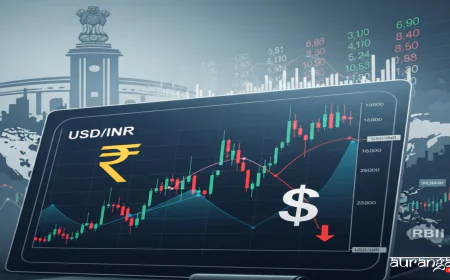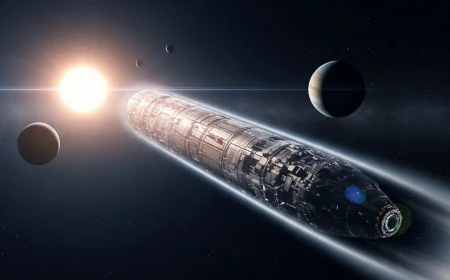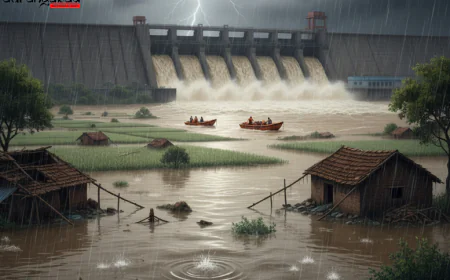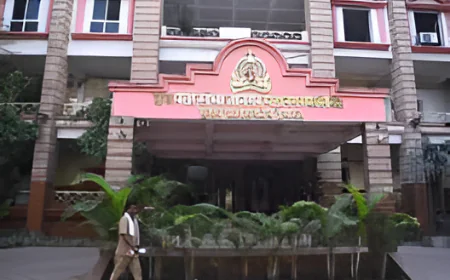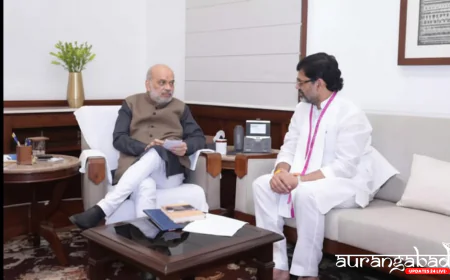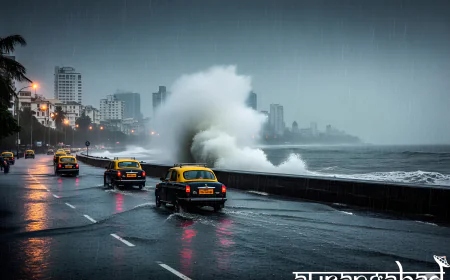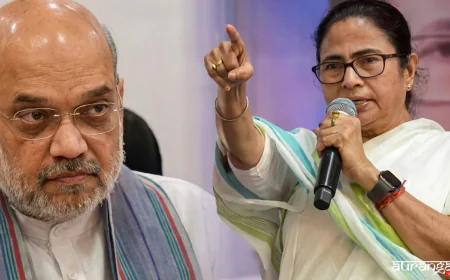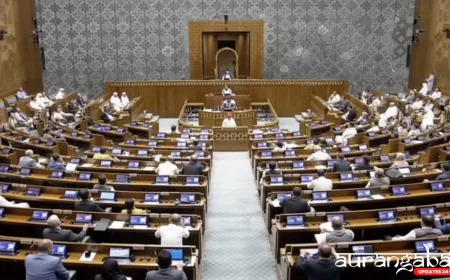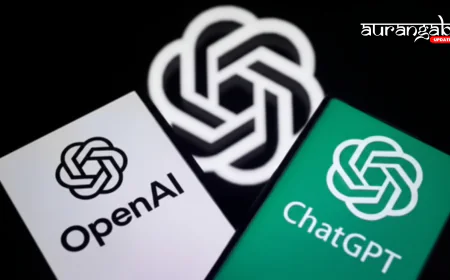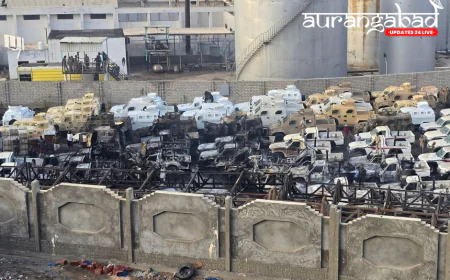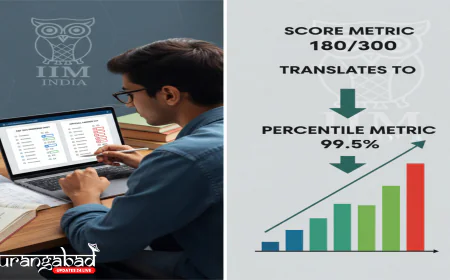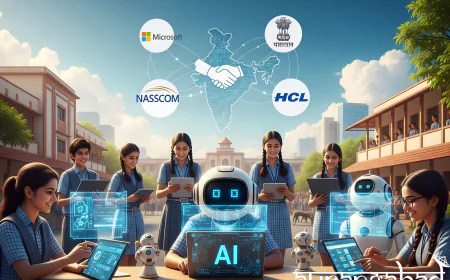India's Infrastructure Push: Ambitious Highway Targets Set
India's government is accelerating its infrastructure rollout with ambitious targets for highway awards, aiming for an unprecedented Rs 10 lakh crore annually. This article explores the details of this massive push, its economic impact, and Minister Nitin Gadkari's vision for a corruption-free, sustainable future.
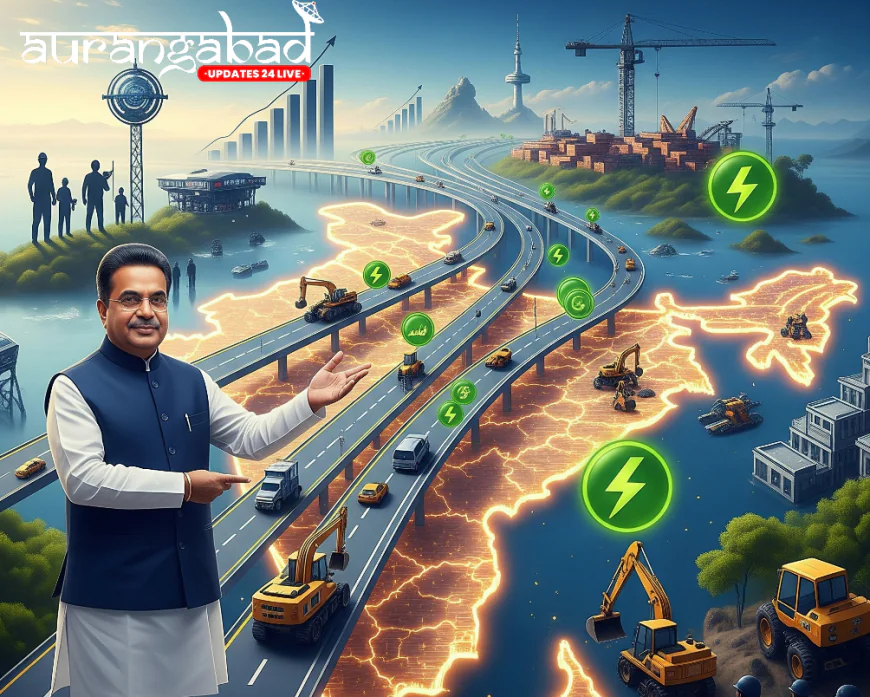
India is on the cusp of an infrastructure revolution, with the government setting its sights on an ambitious and unprecedented target for highway awards. Union Minister for Road Transport and Highways, Nitin Gadkari, a key driver of this push, has laid out a clear roadmap, aiming to award highway projects worth Rs 7 lakh crore by the end of the fiscal year 2026 (FY26). This is just the beginning, as the long-term vision is to ramp up annual awards to a staggering Rs 10 lakh crore thereafter. This massive undertaking signals a renewed commitment to a sector that is the backbone of the nation's economy. Gadkari's announcement comes at a time when the infrastructure rollout is gaining significant pace, aiming to overcome a previous slowdown and usher in an era of rapid, transparent, and sustainable development.
Ambitious Financial Targets and a Strategic Vision
The government's plan is not just a declaration of intent; it's backed by a clear financial strategy. Gadkari revealed that projects worth Rs 2 lakh crore have already been awarded this year, with an additional Rs 5 lakh crore worth of projects planned to be awarded by the end of FY26. This aggressive timeline demonstrates the administration's focus on accelerating development and bridging the infrastructure gap.
Gadkari also addressed the reasons behind the recent slowdown, mentioning the cancellation of the Bharatmala program. However, he was quick to assure that the awarding process is now "transparent, time-bound and corruption-free," and that there is no shortage of funds. This emphasis on transparency is crucial for attracting private investment and ensuring that projects are executed efficiently and without delays.
In a move that highlights the scale of this ambition, the Minister reiterated his goal of constructing 100 km of road per day, a significant leap from the peak of 37 km per day recorded in 2020-21. Achieving this target would require a massive mobilization of resources, technology, and manpower, but it would fundamentally transform India's road network.
Economic Impact and Sustainable Future
This infrastructure push is more than just about building roads; it's a strategic move to stimulate economic growth and create a more sustainable future.
-
Economic Growth: Improved roads and highways are vital for reducing logistics costs, enhancing connectivity, and boosting trade. This, in turn, will attract more investment, both domestic and foreign, and create a more competitive business environment.
-
Job Creation: The construction of highways on this scale will generate millions of direct and indirect jobs, providing employment opportunities across various sectors, from engineering and construction to raw materials and equipment manufacturing.
-
Environmental Sustainability: Gadkari's vision also includes a strong focus on sustainability. He has urged the construction equipment industry to adopt alternate fuels, and his ministry is considering offering interest-free loans and tax relief to manufacturers who develop equipment that runs on these fuels. This forward-looking approach aims to reduce pollution, promote indigenous innovation, and decrease the nation's reliance on fuel imports.
The government's commitment to clean energy and sustainable practices within the infrastructure sector is a key highlight of this plan. It demonstrates a holistic approach that balances economic growth with environmental responsibility.
Challenges and the Path Ahead
While the targets are ambitious, the road ahead is not without challenges. Timely land acquisition, environmental clearances, and maintaining a corruption-free process will be critical to the success of this plan. The government will need to work closely with state governments and private players to ensure smooth execution. However, with a strong political will and a clear vision, India is well-positioned to achieve these goals and cement its status as a global economic powerhouse. This infrastructure push is a testament to the nation's determination to build a new, modern, and connected India.
